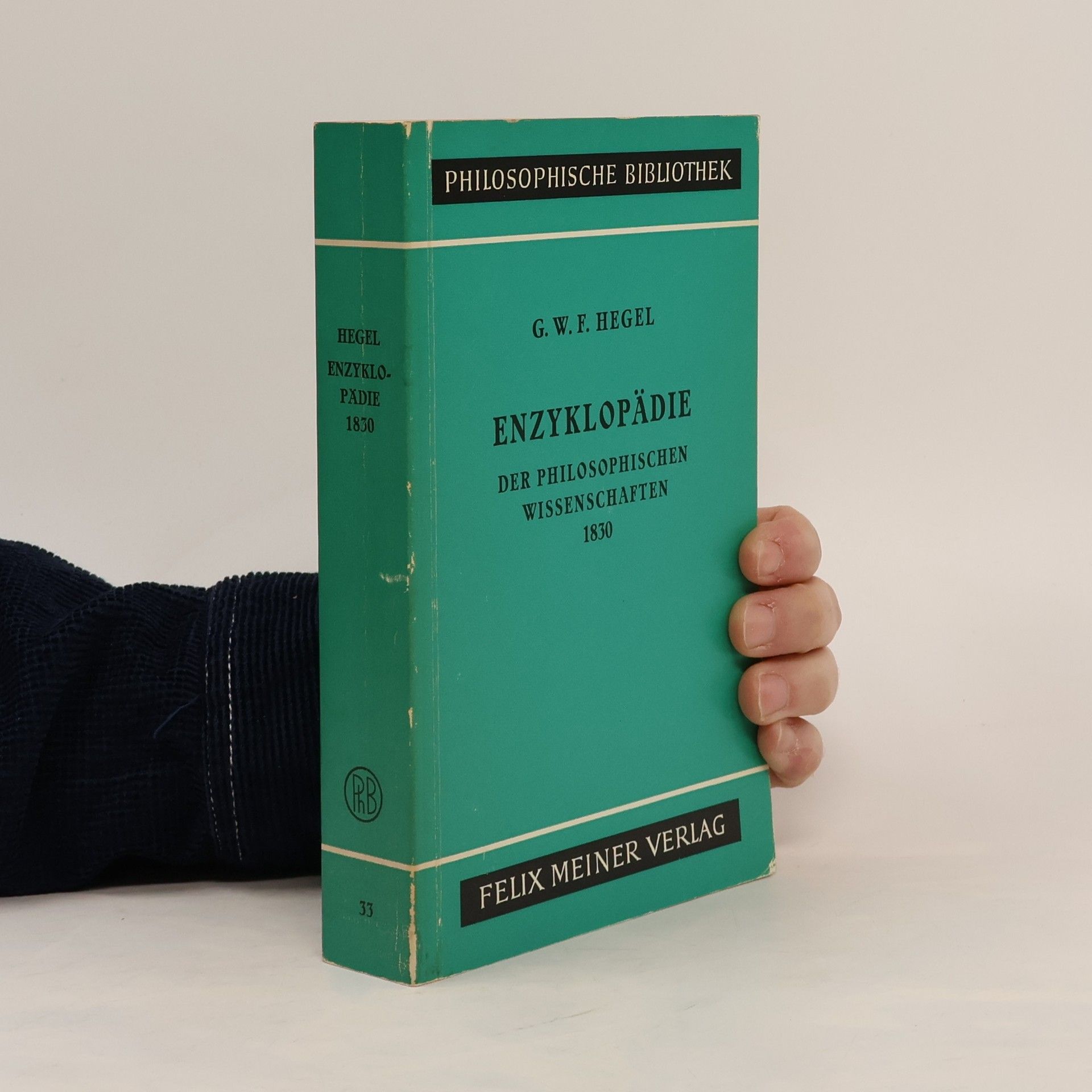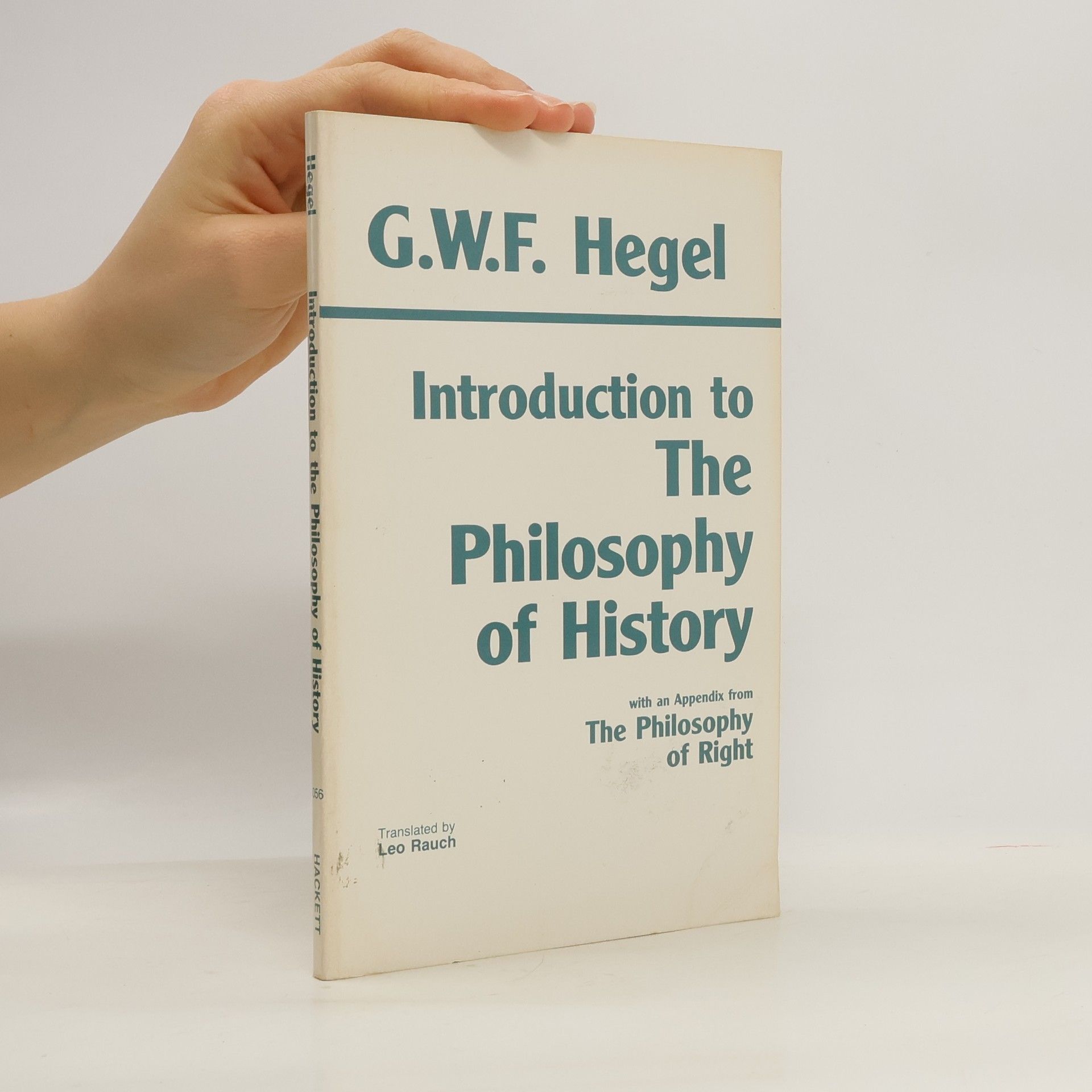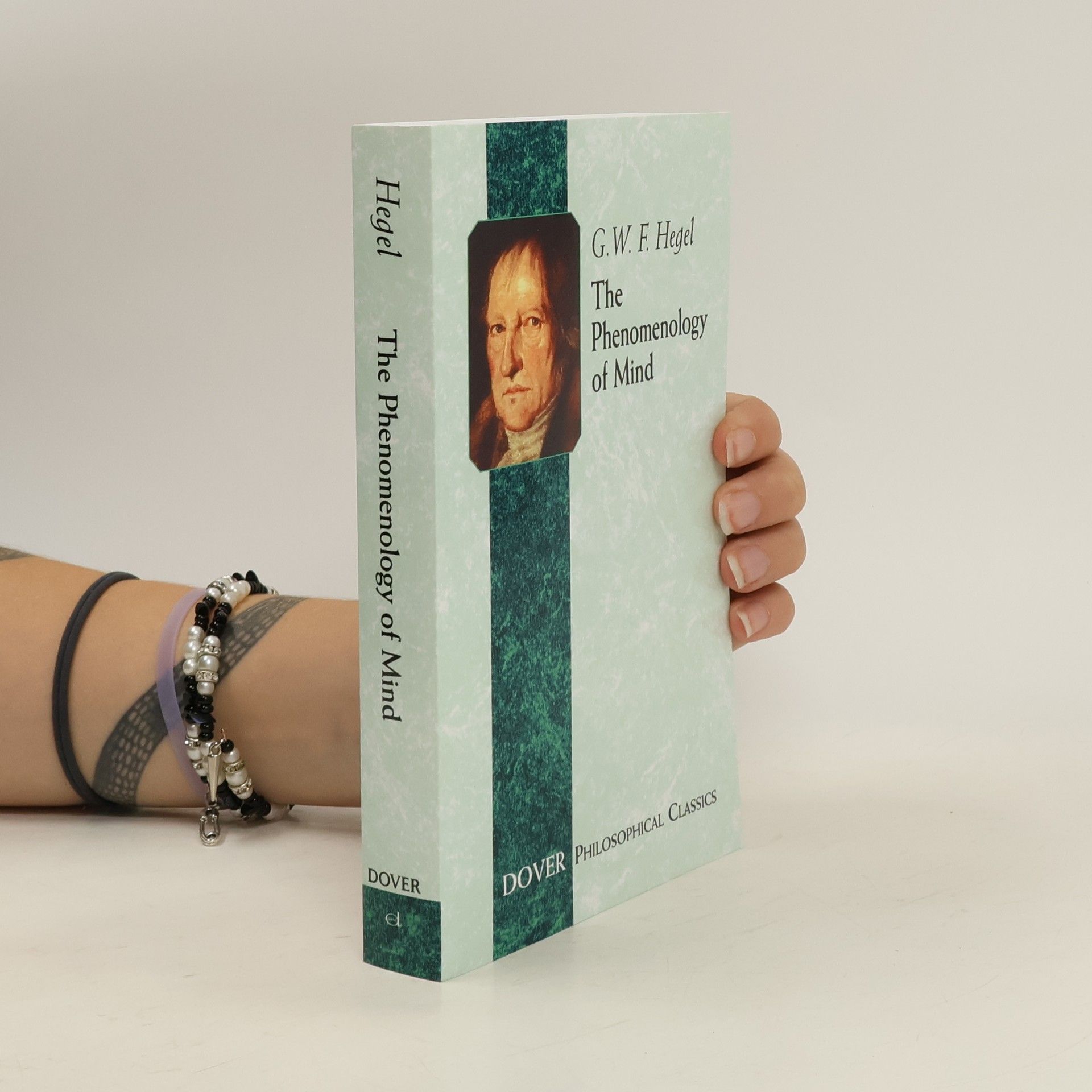This new translation of The Science of Logic (also known as 'Greater Logic') includes the revised Book I (1832), Book II (1813), and Book III (1816). Recent research has given us a detailed picture of the process that led Hegel to his final conception of the System and of the place of the Logic within it. We now understand how and why Hegel distanced himself from Schelling, how radical this break with his early mentor was, and to what extent it entailed a return (but with a difference) to Fichte and Kant. In the introduction to the volume, George di Giovanni presents in synoptic form the results of recent scholarship on the subject, and, while recognizing the fault lines in Hegel's System that allow opposite interpretations, argues that the Logic marks the end of classical metaphysics. The translation is accompanied by a full apparatus of historical and explanatory notes.
Hegel G. W. F. Boeken




The phenomenology of mind
- 528bladzijden
- 19 uur lezen
In The Phenomenology of Mind, idealist philosopher Georg Hegel (1770–1831) defied the traditional epistemological distinction of objective from subjective and developed his own dialectical alternative. Remarkable for the breadth and profundity of its philosophical insights, this work combines psychology, logic, moral philosophy, and history to form a comprehensive view that encompasses all forms of civilization. Its three divisions consist of the subjective mind (dealing with anthropology and psychology), the objective mind (concerning philosophical issues of law and morals), and the absolute mind (covering fine arts, religion, and philosophy).
Introduction to the Philosophy of History
- 106bladzijden
- 4 uur lezen
Provides a solution to the problem of how to introduce students to Hegel in a survey course in the history of Western philosophy.